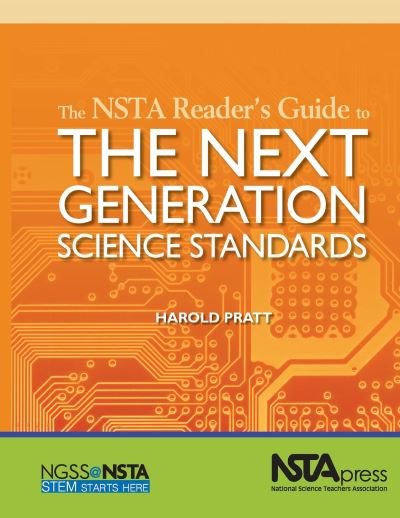
Not since the release of A Framework for K-12 Science Education has a document held such promise and significance for the science education community as does the Next Generation Science Standards. The NGSS aims to better prepare U.S. students for the rigor of career and college-level scientific study by stressing the importance and integration of the three dimensions: science and engineering practices, disciplinary core ideas, and crosscutting concepts. They will provide for a more integrated and cohesive approach to science instruction, leading to a more scientifically literate citizenry. However, the NGSS also marks a change in how we think about science instruction and the task at hand, the adoption of these new standards and their incorporation into instruction, will require a significant amount of support. The key to unlocking the full potential of the NGSS is a deep understanding of the interrelationship of its core ideas, scientific and engineering practices, and crosscutting concepts. This brief and easy-to-use Reader's Guide offers teachers, principals, district and state administrators-anyone with a vested interest in improving the quality of science education-the tools they need to fully absorb the new standards and begin to implement them, effectively, into classroom practices.
| ISBN: | 9781938946066 |
| Publication date: | 15th February 1900 |
| Author: | Harold Pratt, National Science Teachers Association |
| Publisher: | NSTA Press an imprint of NSTA - National Science Teaching Association |
| Format: | Paperback |
| Pagination: | 42 pages |
| Genres: |
Educational: Sciences, general science |